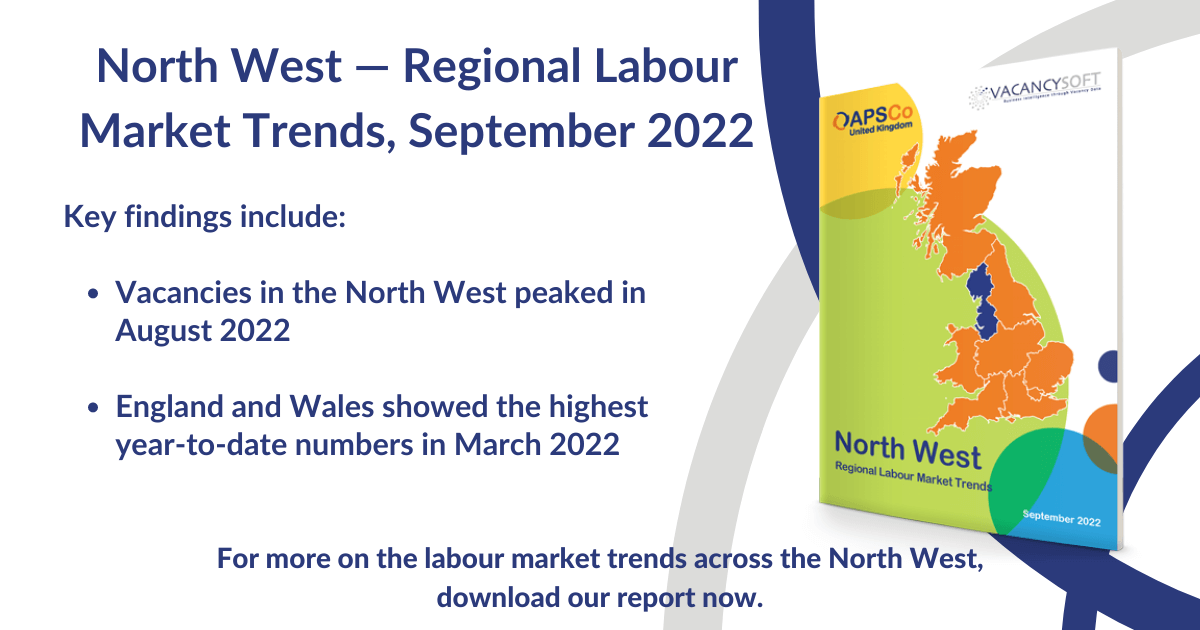
How are vacancies faring in the North West amidst the ongoing war for talent? Which cities are experiencing the biggest uplifts? And among them, how is the performance for IT jobs? What are the busiest firms? Download our most recent report to find out.
Written in partnership with APSCo, this report reviews recruitment trends for jobs in North West England. It compares the annual and monthly totals trends, observes the cities where recruitment is rising, breaks down the performance of IT-Only and Non-IT jobs, and analyses the hiring activity of the top firms.
To discover more labour market insights and the trends that drove recruitment
across the North West in the first half of 2022; download our report now.
Latest reports

Engineering – UK Life Sciences Labour Market Trends, September 2024
The UK pharmaceuticals sector is recovering from its post-pandemic slowdown, with a focus on addressing the backlog of drug approvals by the MHRA. As approvals accelerate, pharmaceutical manufacturing is ramping up, contributing to an 8.8% increase in engineering vacancies in 2024 compared to last year.

Banking – UK Finance Labour Market Trends Report, September 2024
The UK stands out among G8 countries due to its political stability, with the government expected to remain in power for up to 10 years. Consequently, 2024 could mark a turning point for UK banking, thanks to recent deregulation reforms and stable interest rates.

Scotland – UK Regional Labour Market Trends, August 2024
In the first seven months of 2024, Scotland recorded 12,766 professional vacancies, which accounted for 5.3% of the UK’s total of 226,708 vacancies. Scotland’s job market has seen a modest year-on-year increase of 0.5%, significantly lagging behind the UK’s national average growth of 2.5%.


